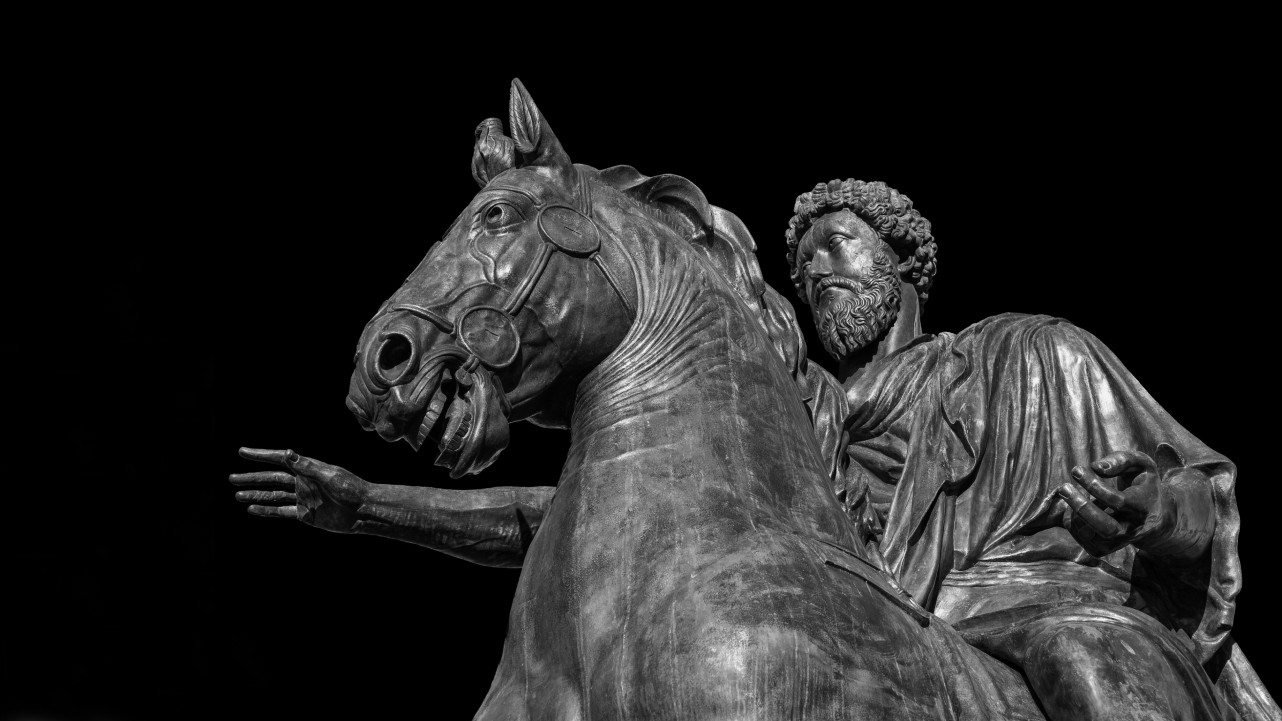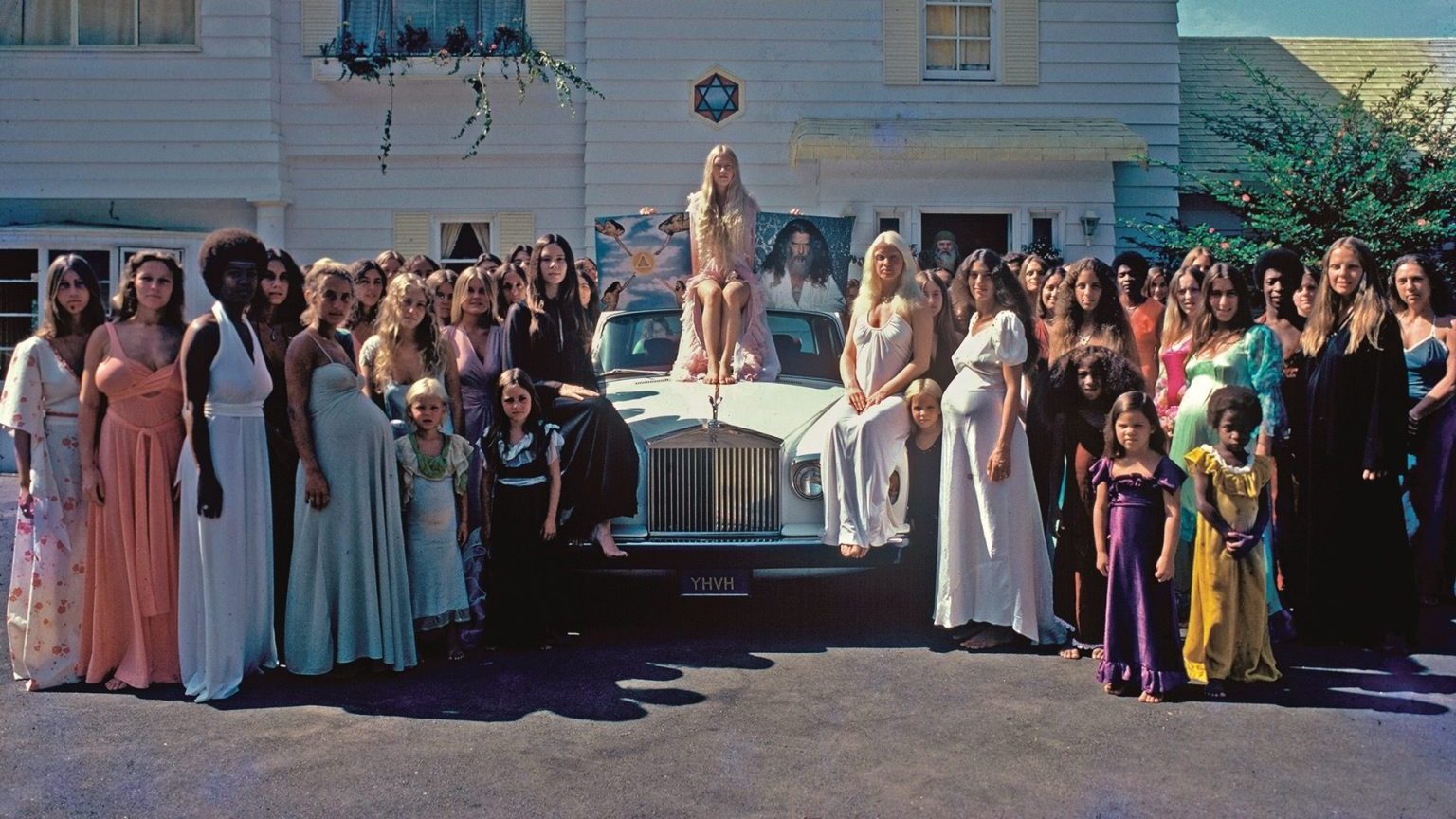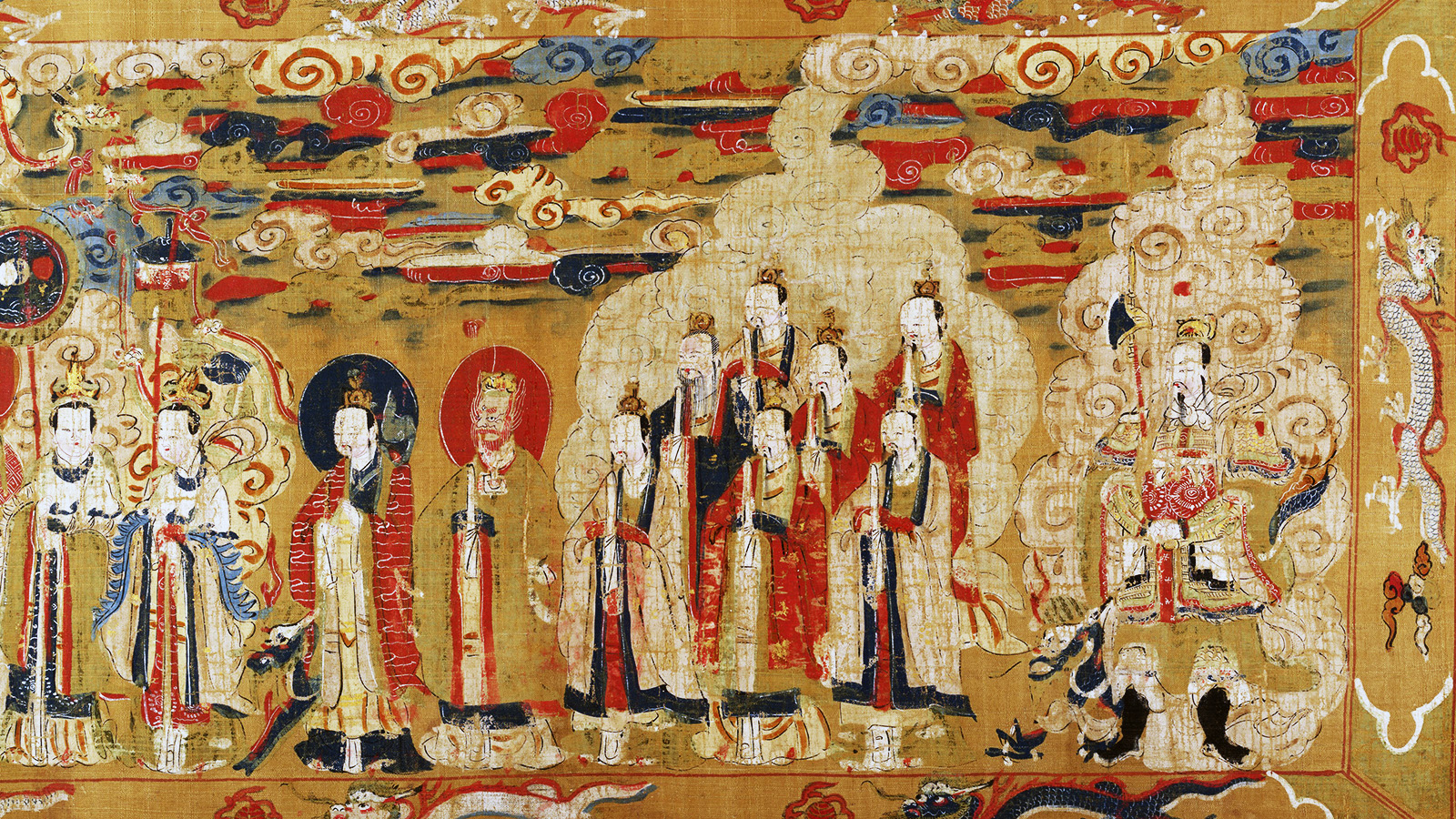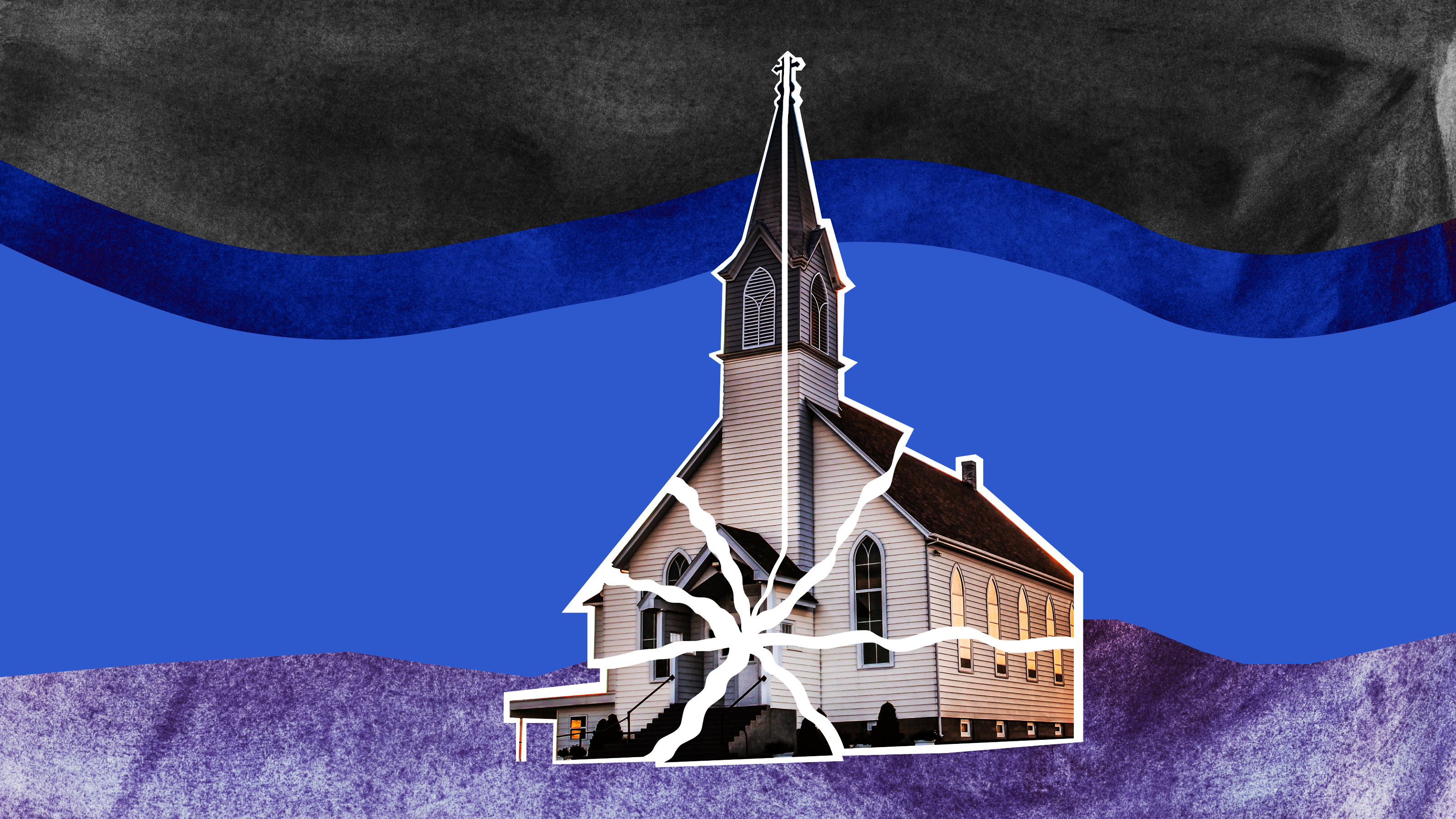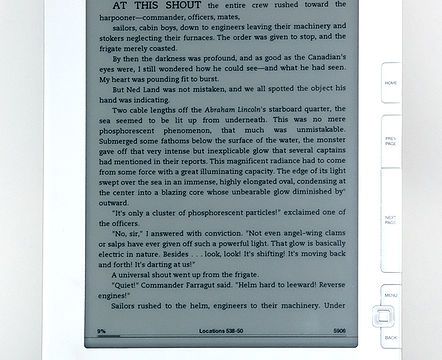Bigger Than Jesus: Art on Trial in Russia

Monday, June 12th, is judgment day for Yuri Samodurov, former director of Moscow’s Sakharov Museum, and Andrei Yerofeyev, a former curator of the Tretyakov Gallery. They face the possibility of three years of jail time for violating Article 282 of the Russian Criminal Code, which prohibits dissemination of racial, national, and religious hatred. When they exhibited in 2006 the show “Forbidden Art,” which presented to the Russian public works banned from Russia’s museums for religious and/or nationalist reasons, they drew the ire of the Russian Orthodox church. The eyes of the art world turn to Russia as the latest chapter in the long battle for freedom of expression versus societal standards of decorum. Is this the “Bigger than Jesus” of the twenty-first century? Or will it be a victory for those hoping to reclaim religious imagery from the hands of fundamentalism?
In August 1966, John Lennon made an off-hand comment that The Beatles had become “more popular” or “bigger” than Jesus in the eyes of young people. An always astute social critic, Lennon was actually bemoaning that situation as a sad sign of the times. Unfortunately, fundamentalist forces misinterpreted his comment as a celebration of celebrity over divinity. Despite Lennon’s clarifications and apologies, bonfires fed by Beatles records and paraphernalia raged across the American South and Midwest. Ironically, Lennon wanted youth to reexamine their values and recover the true message of Jesus Christ—what I like to call the Jesus of the Beatitudes rather than the Christ of the Ten Commandments.
Similarly, the works in “Forbidden Art” aimed at provoking a reexamination of religion through art rather than at mocking or degrading anyone’s faith. A painting such as This Is My Blood/This Is My Body (shown), in which Christ’s “blood” is a Coca-Cola advertisement and His “body” lies beneath the McDonald’s golden arches, asks us, as John Lennon did nearly half a century ago, where our values truly rest—with the simple message of spiritual communion or with commercial messages of powerful conglomerate branding? Are Jesus and Christianity simply another “brand” for people to identify with on a surface level—with the unthinking attachment of brand loyalty—rather than the critically examined faith of true believers?
This case will set a standard either way. Other Russian artists already have felt the chilling effect of Article 282. Russian artist and blogger Lena Hades faces prosecution for comments said to “defame the Russian soul.” In truth, nothing defames the Russian soul more than the legalization of limited speech through Article 282. How strong is a faith if it can never be tested or challenged by art? Art has historically served as a powerful conduit for greater spiritual awareness. To close off that avenue of spirituality would be a great loss, a defamation of religion as something weak and small rather than powerful and immense on a cosmic scale. Here’s hoping that the court exoneratesSamodurov and Yerofeyev and sets off a domino effect in which art can continue to speak freely to free the people. I hate to imagine a domino effect set in the opposite direction, in which the powers of repression coupled with a misguided sense of religious certainty silence those simply trying to say something valuable about God and our understanding of Him (Her?). The separation of church and state in this country seems tenuous enough without an overseas example to help erase that line entirely.
UPDATE:The court found Samodurov and Yerofeyev guilty but fined them instead of imposing jail time. My initial reaction is that it’s a mixed victory. The fine seems to be a concession to the religious groups, while the lack of jail time sends a message that even the judges question the validity of the law. The real test will be how judges decide the next Article 282 case. Will they follow suit and further question the law itself in their decision, or will they impose jail time and swing the situation back to a more serious tone? Only time will tell.
